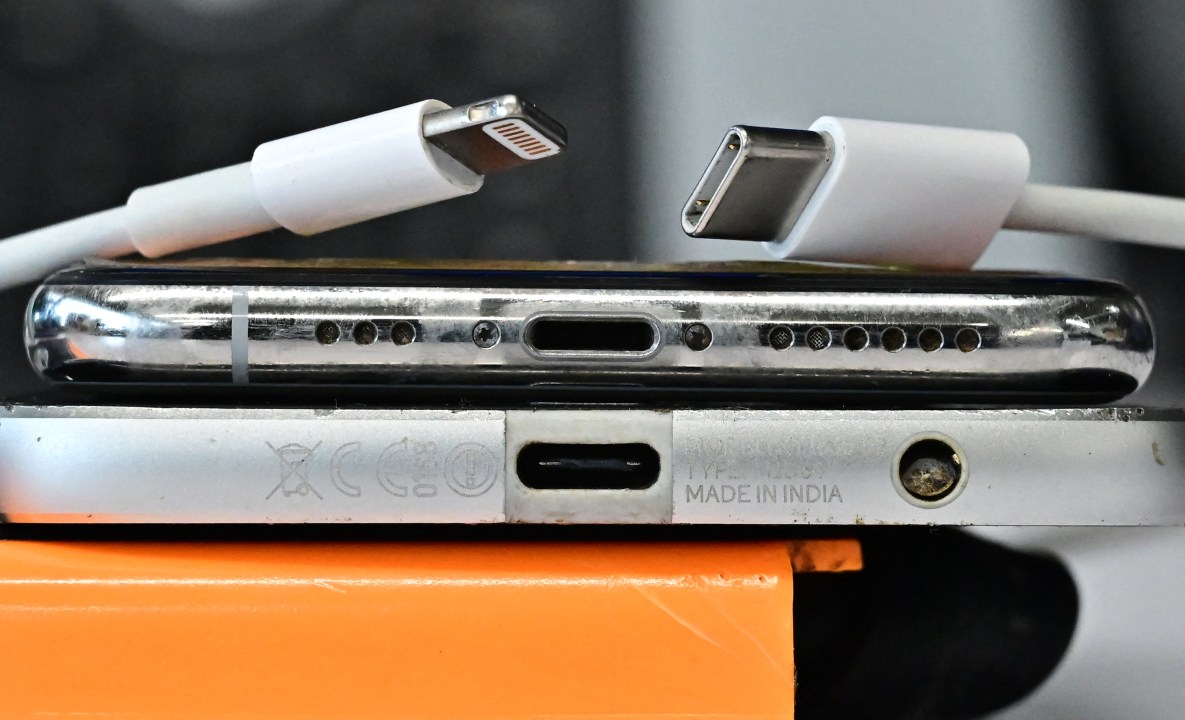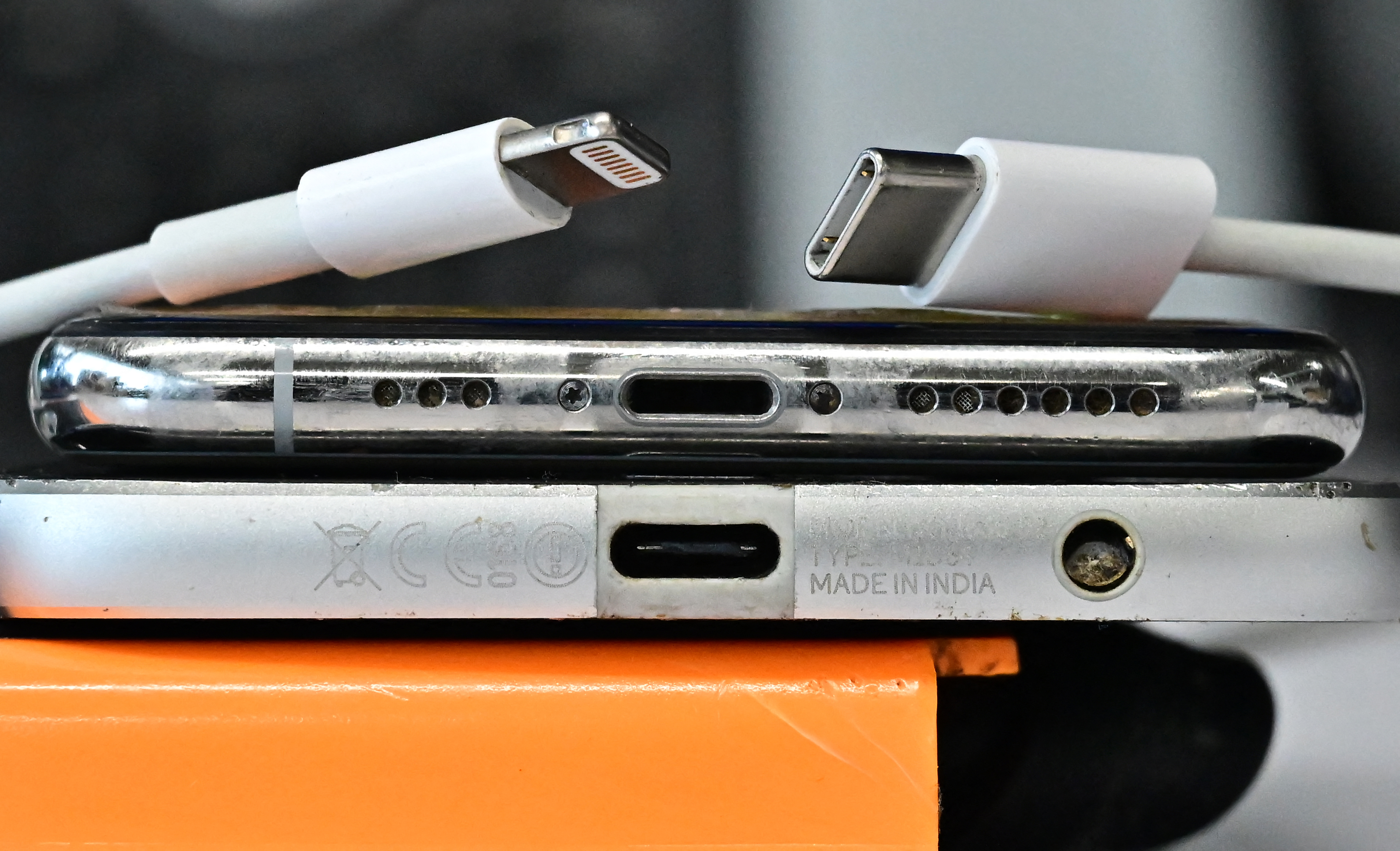Are the EU and the US heading for a trade war by dirty means? I ask because for the second time in a week Apple finds itself on the sharp end of European regulations. First, the company was obliged to provide a standard USB socket and charger for its iPhone 15, as opposed to the specific charger previously used by Apple. Now, French regulators have declared that the iPhone 12 doesn’t reach Europe’s radiological protection standards. According to the Agence Nationale des Frequences, the device emits 5.74 watts of electromagnetic radiation per kilogramme – above the 4.0 watts allowed by European product standards. Apple insists that the device is fully-compliant.
While the French findings don’t have a great bearing on public health, given that the levels of acceptable emissions are set at around a tenth of what is believed to be actually harmful, it will require software to be rewritten. The test only covers sales in France, but with the entire EU signed up to the same standards, other countries may wish to impose their own bans. It is a throwback to the early days of mobile phones when there were widespread fears over phones and brain cancer – fears that were gradually put to rest thanks to rigorous research.
Europe has long looked enviously across the Atlantic at US tech giants, having failed miserably to produce its own such companies
But there is a wider issue here. US tech giants are increasingly finding themselves knocked about by European regulators, most notably under the General Data Protection Regulation (GDPR). That created a very different, and more restrictive, environment for handling data in Europe. Moreover, the Biden administration has hurt European manufacturers with its blatantly protectionist Inflation Reduction Act, which has provided huge handouts to consumers and manufacturers under the guise of cutting carbon emissions. Europe has long looked enviously across the Atlantic at US tech giants, having failed miserably to produce its own such companies. Are US firms now going to be targeted in a proxy war against the Inflation Reduction Act?
If so, it will be a test for Britain which of course now finds itself outside the EU’s regulatory orbit. If the EU and the US lock horns in a trade war there could be opportunities for Britain if it can manage to continue to trade with both sides. One of the arguments for Brexit made by the Leave side again and again was that it would potentially free us from the EU’s precautionary principle, which has nipped a number of promising industries in the bud: notably genetically-modified (GM) foods. The industry went elsewhere, although EU consumers were eventually exposed to GM foods, especially soya, through imports.
As Apple’s experience shows, the EU hasn’t changed its spots with regard to the precautionary principle. Whether Britain can turn its new-found independence to its advantage is another matter.








Comments